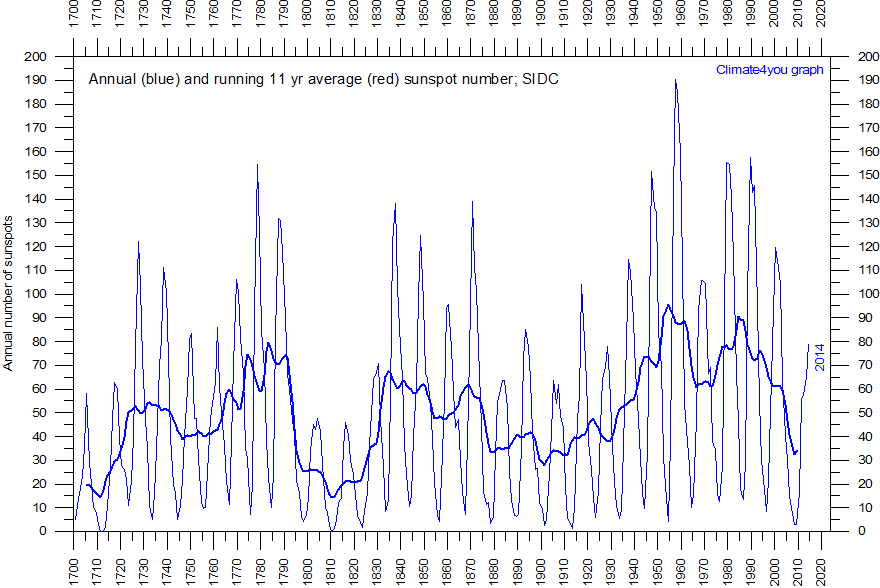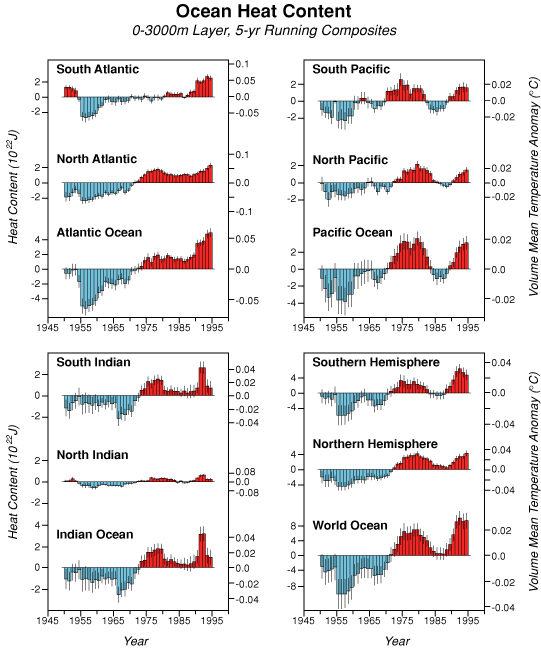Among those that identify themselves as climate "skeptics" there are very clear expectations of what the non-skeptics ought to be and do. All their data must be publicly available, as well as all of their calculations, work notes, e-mails, and sundry. They must not have opinions as to policy, or display emotion in talking about the science, even when they are attacked emotionally by people who aggressively vilify them. They are not, of course, to make mistakes; their predictions must all come true, and neither late nor soon: evidence things are worse than the scientists initially thought is evidence that the science cannot be trusted.
Give these rather ambitious requirements, it is reasonable to ask what we may expect of the skeptics. What are their obligations?
Many skeptics deny having any obligations. "I am a skeptic; I don't have to prove anything" is a common refrain. And they take this seriously, especially when their luminaries prove neither reliable, nor honest, nor consistent in their demands or in their reasoning. But is it true that all the responsibility in science flows one way, and that by rashly articulating what they think is happening in the world, scientists have transformed themselves into the sharecroppers of the skeptics, obligated to prove and prove, and never be rewarded which the wages of proof, which are agreement?
Fortunately, that is not the way science works. Scientific theories are falsified not by there being things they cannot explain (for the universe is large, and no theory explains everything) but by facts that directly conflict with what they predict, usually by facts backed up by a better theory.
Skeptics tend to idealize "consensus-busting" scientists like Galileo and Copernicus, but they invariably ignore a key aspect of those rebels' fight: they were proponents of scientific theories, not merely enemies of ones they did not like. They had another way of accounting for the observations that had been made; that's why they won out in the end. Einstein did not change our ideas about physics by hanging around the patent office complaining that inertia was a leftist plot for world government.
Skeptics do not want to provide an alternative theory for the observations. Being skeptical, they believe, means never having to provide an explanation of your own. "Natural variation" is the mantra, but "natural variation" is not an explanation.
There are a couple things one can mean by "natural variation." You can be talking about a standard distribution, which is the universally observed fact that measurable phenomena tend to cluster around the average value: if you take a thousand people, only a few of them will be 6'6 or 4'10', but a lot of them will be 5'8'. The number that are 6'2' or 5'4' will be less than the number in the middle but more than the number at the extremes.
So one form of "natural variation" is just the oscillation you see in things around the average value. For example, you might see a couple of 6'10' people walking down the street. Does that mean people are getting taller on average? Not necessarily. It may just be chance. If by chance you get a lot of large or small values in a row, you may think there is a trend, upwards or downwards, when in reality the result is just luck.
Figuring out this kind of "natural variability" is simplicity itself; we just work out the chance a pattern could have occurred by the luck of the draw. If that chance is extremely small (typically, >5%) we say that there's a trend in the data.
You can do this with temperatures very easily. Go to http://data.giss.nasa.gov/gistemp/tabledata/GLB.Ts.txt. The numbers on the table are the difference from the average temperature that month, with the "average" defined as the average from 1951-1980.
If on average it hasn't been warmer in the last ten years than it was from 1951 to 1980, we would expect half the numbers to be positive, and half negative. That is, if the average hasn't changed, half the time we should be above it, and half the time we should be below it (ignoring the rare times when the anomaly is exactly zero.)
So what's the chance the first number will be positive by chance? 50%. The first and the second number? 25% (0.5 * 0.5 = 0.25). And so on. So, what is the probability that things seem warmer these days, but it's all chance? Let's look at the numbers:
[Pause while you follow the link. Hmm, I should learn more about table formatting.]
Positive. One hundred and twenty times in a row. I'll tell you the odds, but you can work it out; it's the odds against flipping a coin and having it come up heads a hundred and twenty times in a row. Not likely.* The world is warmer than it used to be.
The second kind of "natural variability" the skeptics could be talking about is a natural cycle making the world warmer: perhaps the sun has grown brighter, or the earth's orbit has changed. That is certainly worthy of consideration; just because we know something is happening, doesn't mean we know why.
But here's the hitch: none of the sources of natural variability we know about seem to work. The sun' energy varies slightly, but it has been very low in 2008 and 2009, and temperatures continued to be very high. The earth's orbit hasn't changed. Our albedo (the amount of light the surface of the earth reflects back up towards space) has slightly increased, which should make the world cooler.
Skeptics will typically fudge this question. It hasn't always been so: as we saw in the last post, in 2006, Anthony Watts said forthrightly: " Chances are, we’ll see another dramatic dip in sunspots by 2015 through 2022 and global cooling will set in again as it did in the 1970’s." He later elaborated: "Now if I’m wrong, and I see compelling and undisputable evidence (not models or projections) that man made CO2 is the culprit and nothing else,
I’ll be happy to stand up in the middle of city plaza and announce "I was
wrong".I expect I’ll know the answer by about January to March 2018, when its expected that solar cycle 24 will be over, and temperatures on earth are postulated to drop."
As we saw, 2007-2009 gave us a long and deep solar minimum, without anything like a "cooling." 2009 was tied in the GISS data as the second-warmest year on record.
Most skeptics, including Watts these days, do not define the source of the "natural variability" to which they attribute the warming. They reject the idea that they should provide an alternate explanation of what is going on, that that explanation should be testable and falsifiable.
The odds are 1 in 1,329,227,995,784,900,000,000,000,000,000,000,000.



